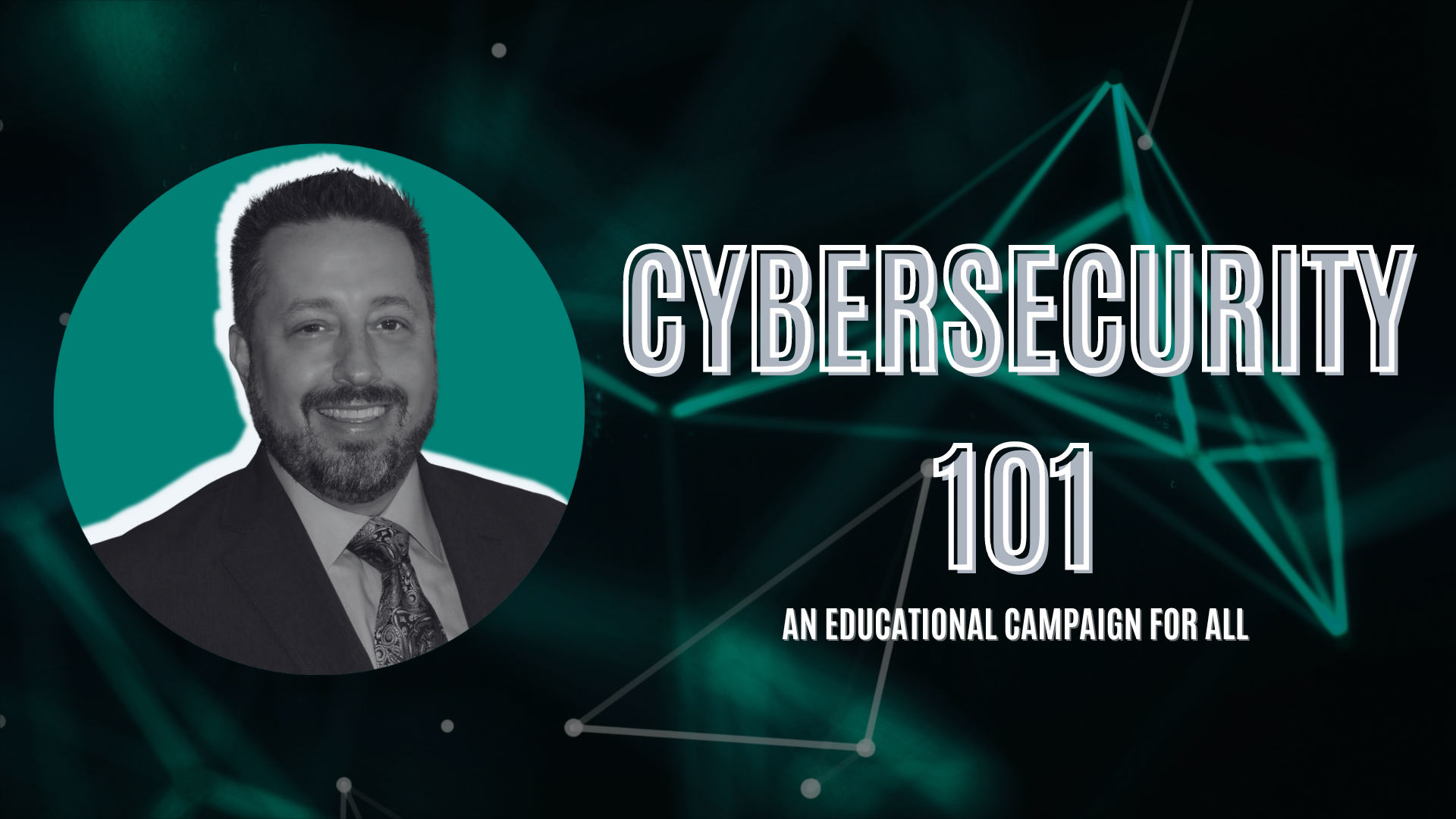Cybersecurity: Too Pricey for SMBs? Let's Bust That Myth!
Alright, let's dive into a myth that’s been floating around the small business world for far too long – the idea that robust cybersecurity is a...

Understanding the psychology of small business leaders is crucial for enhancing cybersecurity. Remember, even small businesses play a vital role in our interconnected digital world, and their cybersecurity matters more than ever.
You can read more about cybersecurity in general (it's always a good idea to stay on top of the latest) in our post "The Ultimate Cybersecurity Breakdown."

Alright, let's dive into a myth that’s been floating around the small business world for far too long – the idea that robust cybersecurity is a...

Okay, let's be honest, who hasn't wanted to throw their computer out the window after wading through a sea of spam emails? It's annoying,...

In an era where cyber threats are escalating at an alarming rate, education and awareness have never been more crucial. Bill Monreal, the CEO and...